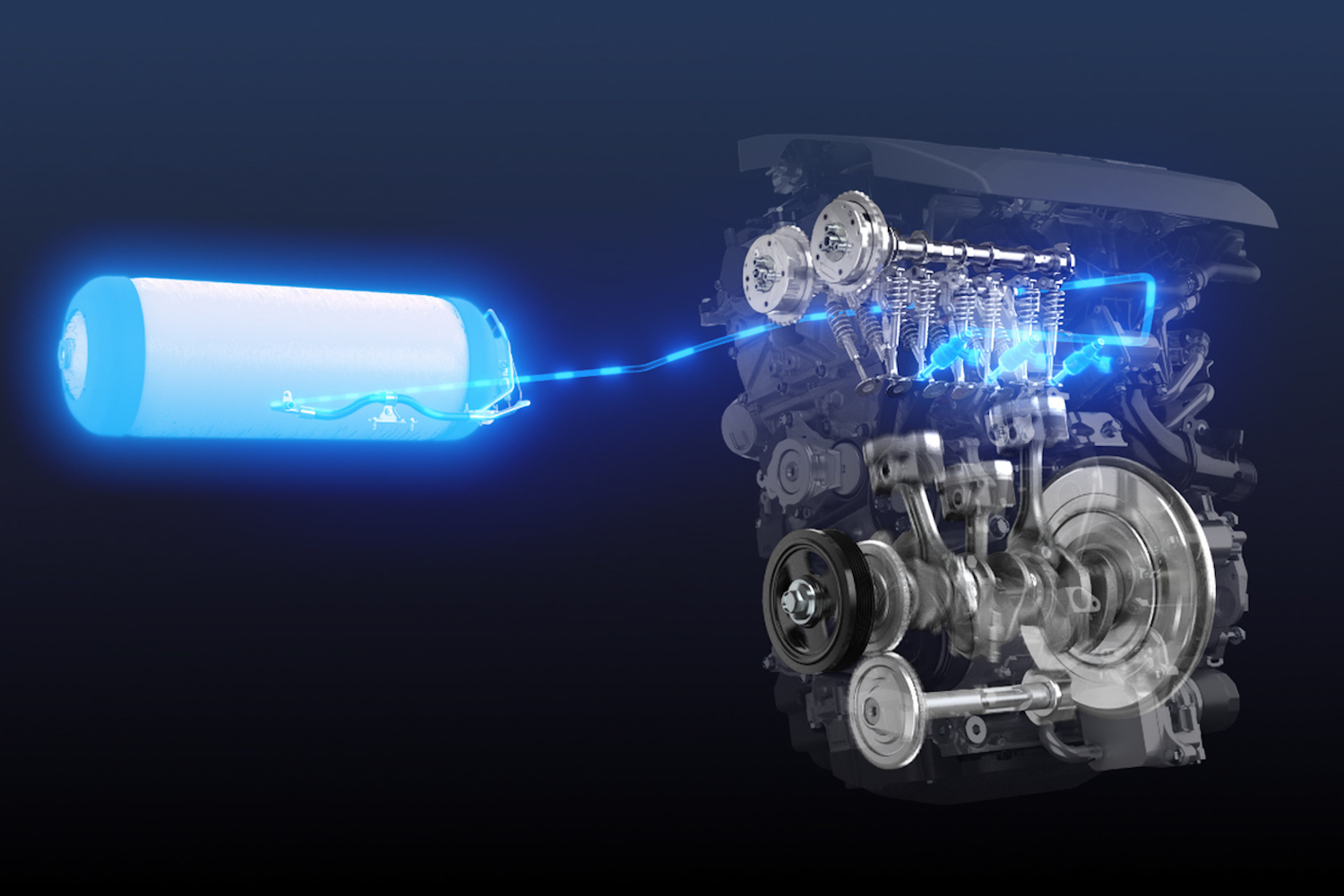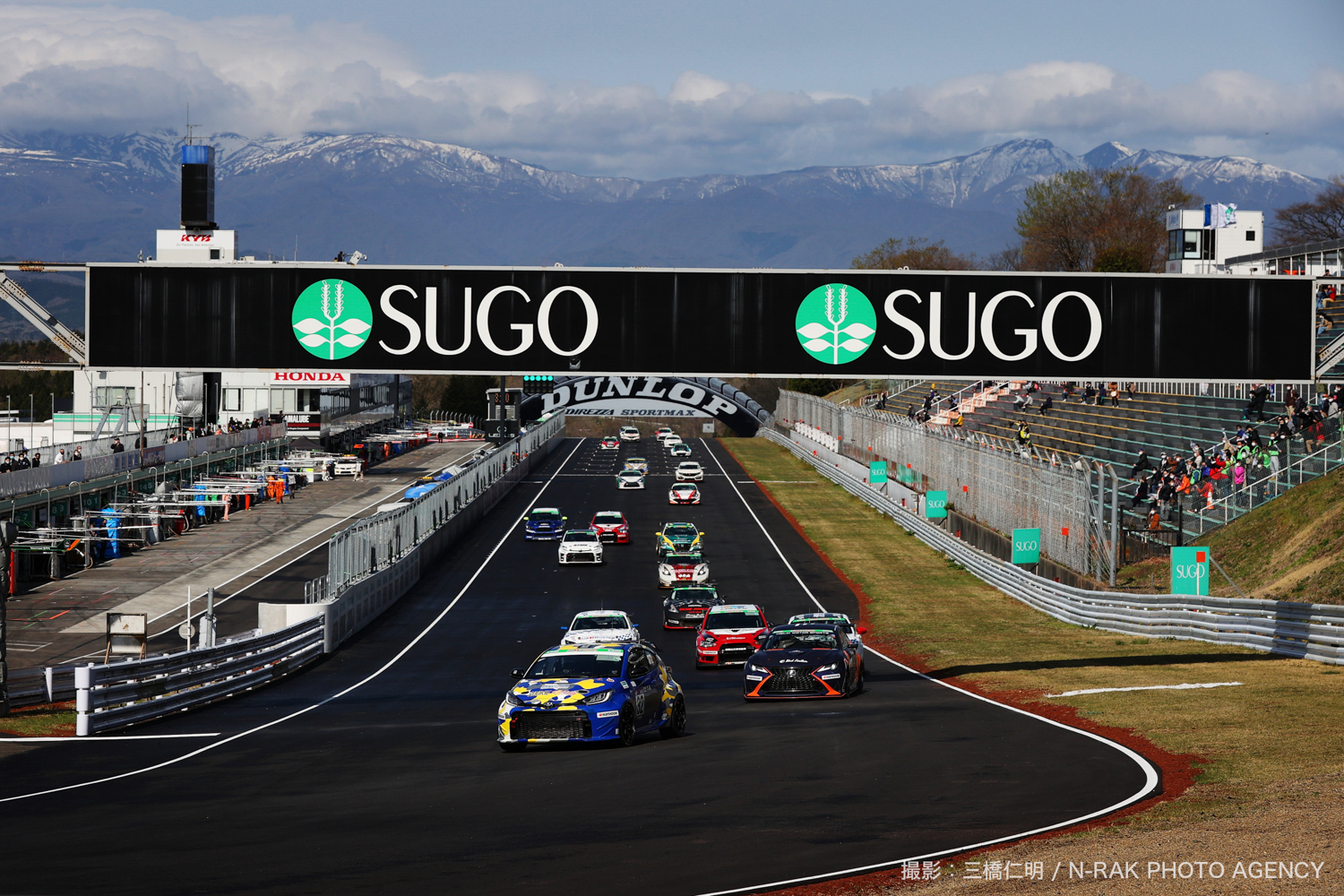As the world, mostly, marches into a battery-electric motoring future, Toyota is among the few holdouts still saying 'Hang on lads, there's life in this hydrogen thing yet...'
Burn H2 in a petrol engine
With the new hydrogen fuel cell Mirai about to go on sale, and the construction of the hydrogen-powered 'Woven City' urban project underway, Toyota has turned to what is actually quite old hydrogen tech to try and improve carbon emissions - burning hydrogen in an engine.
Now, this has been tried before - BMW made a handful of V12-engined, hydrogen-fuelled 7 Series saloons in the early 2000s (Brad Pitt had one!) but expense and leaky hydrogen tanks (and, arguably, cheaper petrol) killed the project off.
Now, Toyota reckons that this tech's time has come again, and it's seeking to prove the concept in racing. It has installed the engine on a racing vehicle based on Toyota's Corolla Sport, which it will enter in competition under the ORC ROOKIE Racing banner starting with the Super Taikyu Series 2021 Powered by Hankook Round 3 NAPAC Fuji Super TEC 24 Hours Race on May 21-23.
Tiny emissions
Burning hydrogen gas in an engine originally designed for petrol is actually pretty simple, in broad strokes. You need a new tank (thick-walled, to handle pressurised hydrogen), and a new injection system, but once you squirt it into the cylinders, it basically burns like fuel-air mixture, albeit with less overall efficiency. Then again, efficiency isn't really an issue if (a) your fuel is endlessly recyclable, and (b) you can top up the tank again in minutes, not hours. Toyota says that the tech is almost CO2-free, with just a tiny bit of burned engine oil accounting for tiny emissions.
Obviously, you have to get the hydrogen from somewhere, which can cause emissions in the fuel production supply line, but if you use renewable electricity to separate water into oxygen and hydrogen, then it's almost totally carbon-neutral.
While hydrogen isn't as energy-dense as petrol, it does burn quickly, and Toyota reckons that this kind of responsiveness is good for a racing engine. The engine used is the 1.6-litre three-cylinder turbo unit from the sainted GR Yaris, so it should sound good, even when emitting almost no CO2.
Towards carbon neutrality
"Toward achieving carbon neutrality, Toyota has been strengthening its efforts, such as by aiming to promote the use of hydrogen through the popularisation of FCEVs and numerous other fuel-cell-powered products. By further refining its hydrogen-engine technologies through motorsports, Toyota intends to aim for the realisation of an even better hydrogen-based society" said Toyota in a statement.



